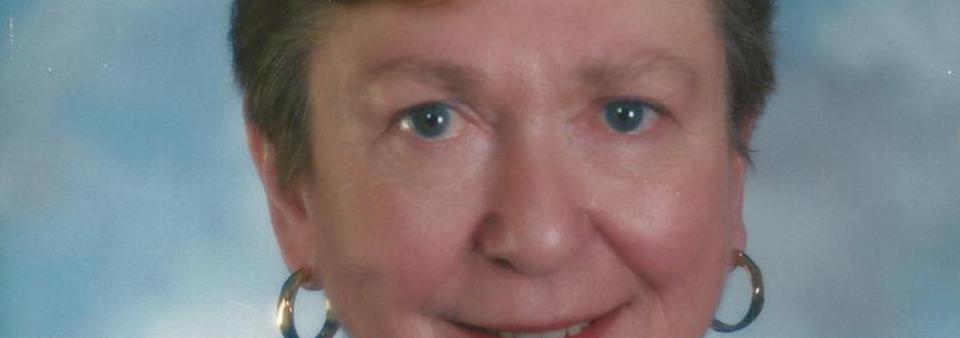
The SUPER Desert Sand Filters (Freshwater Reclamation Zones)
I find it hard to believe, but currently freshwater raw sewage is filtered and filled with a variety of chemicals, then pumped into the saltwater ocean a couple of miles offshore, only to have debris like used needles, personal hygiene products, etc. , etc., etc. wash up on the beaches!
Duh-duh-what?
The SUPER Desert Sand Filters takes that freshwater raw sewage to sites where it if filtered using a “mesh” system (comprised of U.S. Made Steel Fencing and U.S. Grown Industrial Hemp for the mesh) to capture any undissolved solids (like the aforementioned beach garbage) while the filtered liquids are captured in pits 177 feet deep by 177 feet wide by one mile long, on a slight incline (1 inch per 10 inches); the discharge pipes slowly creep uphill, spewing their muddy water on a new section of rope mesh until the end of the pit.
The bottom of the pits have 30 feet of U.S. mined coal, like a big Britta Water Filter.
A pump in the bottom of this section recycles this “first stage” water for use above the rope mesh filter system, where car-wash-like sprayers wash the rope mesh of any dissolvable solids and flush that which can be flushed. Cutouts in the sides of the trenches allow for truckloads of U.S. Mined Minerals to be added to the mix, killing most parasites, viruses, flies on a log (?)…!
After passing through the coal at the bottom of the pits, gravity continues to pull the water down, which uses the earth as a filter, just like rain water!
Need to refill the underground Aqua systems? Why not use freshwater raw sewage, do a preliminary treatment and then give the water “the full treatment” when you pull it out of the ground again for human consumption? (that second part already exists, so really I’m just saying instead of spending the money pretreating water and wasting it away in the ocean, it will cost less money and be better for the environment if we RECLAIM THE WATER by pumping it in the desert instead, letting Nature do her thing!
The mesh is strong enough to hold the weight of criminals, refugees and migrants, wearing special suits and gloves, to remove and bag the undissolved solids in their assigned sections of mesh. Supervisors ensure the quality of their work; those that fail get reassigned to less desirable tasks while Quality work is rewarded.
The mesh systems are replaced after one use and the hemp rope is reused as the foundation for desert reclamation projects. The heavy weight of the hemp rope makes an excellent base that does not move while also providing an excellent growth environment for plant root systems.
What kinds of plant grow well with little top soil but a porous, nutrient-retaining hemp rope mesh for their roots to grow into?
U.S. Grown Industrial Hemp, of course!
Can you see the full circle? We grow industrial hemp for use as “poo-filters”, then reuse the used “water filters” to grow more industrial hemp for use as water filters.
Embedded in the 30 feet of coal at the bottom of the pits is an intricate system of pipes, some that carry water, some supply oxygen. Your engineers will figure it out.
If you compartmentalize the pits, then as one cell is drained of water (via gravity) and the top layer of coal is dried, the coal can be ignited and burned to produce steam that is used by semi-portable steam generators that provide the electricity for the needs of the pits and farms. The coal ash is mixed with dirt for use on the desert reclamation farms.
Of course, this means many new jobs in construction, agriculture, engineering, etc.
So, we’re talking about making better use of available freshwater, which is also better for the environment, while creating many new jobs, all for the same money that is being spent now. Win-win-win, right?!
I hope to witness the implementation of the desert sand filters in my lifetime.
It’s extremely terrible to see freshwater dumped into the saltwater ocean when so many of us are living in a drought.
We need to make better use of that which we have, right?